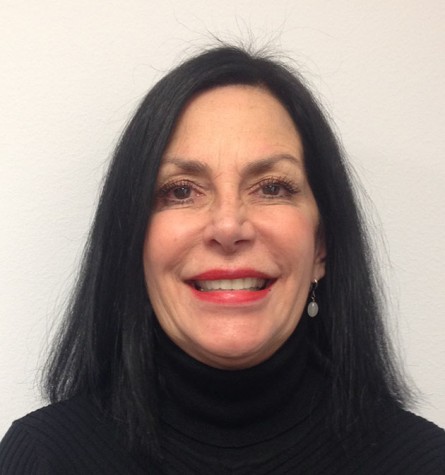Loyola values and appreciates students with disabilities
January 16, 2015

A number of thanks are in order. Thank you to the U.S. Congress for recently amending the Americans with Disabilities Act in order to make it easier for people with disabilities to receive protection from discrimination. Thank you to Senator Mary Landrieu for obtaining millions of dollars in grant money from FEMA to accommodate New Orleans’ residents with disabilities. Thank you to the Louisiana Legislature for approving a spending increase on services in higher education for students with disabilities. Thank you to The Maroon for highlighting persons with disabilities in its recent article, “We have a duty to ensure that New Orleans is accessible to all its residents.” Finally, thank you to Loyola University New Orleans for fostering a positive campus perspective on disability.
My professional life has been committed to working with students with disabilities. This experience has provided me with the opportunity to recognize that each student has particular needs and potential strengths and limitations that must be addressed on an individual basis. I possess an innate desire to support young minds and bodies that learn and work differently. Some members of educational communities regard disabilities as a bothersome legal hurdle to overcome. Beginning my work as the Director of Disability Services at Loyola last semester has been a wonderful advantage for me because I get to work with colleagues who are willing to look beyond the law and do what is right and necessary to help all students succeed. I have had a remarkable first-hand experience with Loyola’s core educational mission of cura personalis — teaching the whole person and truly caring for every person.
Recent amendments to the ADA were made in response to society’s slow-changing understanding of disability. Fortunately, the Loyola community already gets this. We not only accommodate persons with disabilities, we welcome them and appreciate them. We recognize the undeniable need for constant review of professional practices and changes in law. We realize that forward-thinking perspectives demand new and stronger collaborations between all stakeholders. We approach learning as a right, not a luxury.
I was recently involved in discussions with the director of the counseling center, the director of student success, the associate director of professional development, a representative from human resources, the associate dean of the law school and numerous professors from different colleges, in which we collaborated on strategies and resources known to lend the best support to our students. Each semester, I witness students working together and helping one another, as each unique need requires. During final exams last semester, I walked past an upperclassman as he tutored a freshman in history outside my office in the Academic Resource Center. Shortly after that tutoring session ended, I noticed that the two students had exchanged roles, and the freshman was tutoring the upperclassman in Spanish. We just get that differences and distinctions exist in us all and we embrace such uniqueness.
Across our campus, we stand committed to doing what’s best and right for the common good. So, we work together, collaboratively, to promote the individual growth and development of our entire diverse community. We get that cura personalis remains a call for each of us to take care of the other and we’re thankful for that.






